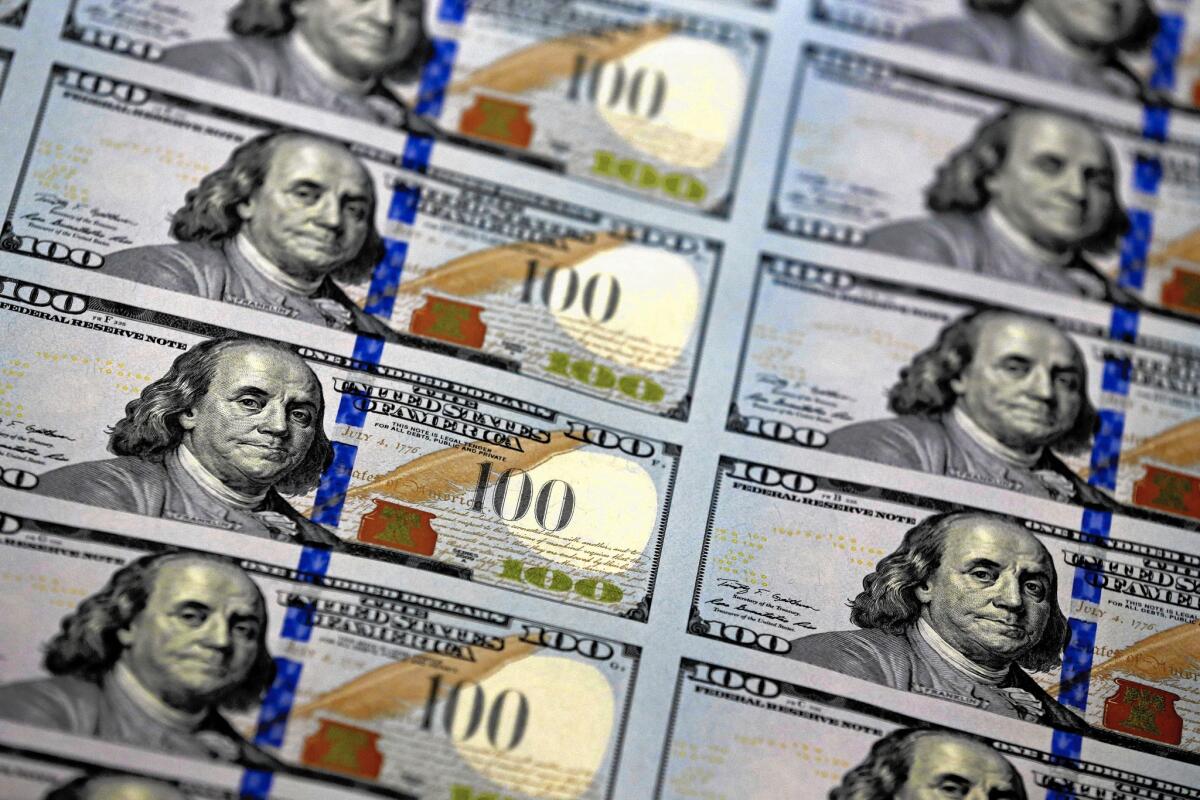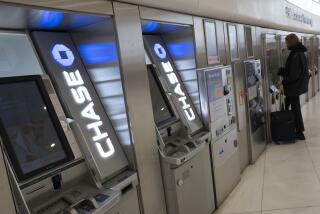Here’s how banks work to boost your overdraft fees

Nearly 40% of the biggest U.S. banks surveyed order transactions in a way that leads to increased overdrafts, according to a report by the Pew Charitable Trusts.
Pew analyzed 44 of the 50 biggest U.S. banks and found that 18 of them process debit transactions — purchases, payments and withdrawals — in order from the highest amount to the lowest. Instead of processing transactions in the order that your bank receives them, banks can choose to process the biggest first, which brings your account balance down more quickly. This can lead to more overdraft fees.
Most banks process your day’s transactions, including withdrawals and deposits, at closing each weekday. Some transactions, such as checks or online bill payments, can take multiple days to clear, so those are not processed the day you make them.
The exact order that banks process transactions varies, but here’s an example of how reordering by largest to smallest amount can work. Let’s say your checking account has a balance of $1,000. If you paid a $100 energy bill on Monday and then a $1,100 mortgage payment on Tuesday, and they clear toward the end of the same day at your bank, your mortgage payment will get posted to your account first.
This would bring your account below zero and trigger an overdraft fee. Then the energy bill hits, and you’d receive a second overdraft fee.
If your bank processed transactions by smallest first or in the order that the bills were paid, you’d pay an overdraft fee only for the mortgage payment.
If you make a series of small purchases during that same day that your account goes negative, it leads to more overdraft fees. The median overdraft coverage fee is $35 among these big banks, according to Pew.
“Banks use a variety of methods to process and post checks,” said Virginia O’Neill, senior vice president of the American Bankers Assn.’s Center for Regulatory Compliance. “For some customers, paying the largest transactions first may be preferred because it ensures that important payments like mortgage, rent or utility bills will be paid.”
But paying the largest first also means you might overdraft sooner, depending on that day’s transactions.
“Transaction reordering from high to low is a practice that harms consumers, and regulators really need to ban it,” said Joy Hackenbracht, research officer on the consumer banking project at Pew. The nonprofit research group in Washington, D.C., has advocated for better consumer protections on prepaid debit cards for many years.
Spencer Tierney is a staff writer at NerdWallet, a personal finance website.
ALSO
The 10 craziest things TSA found in carry-on bags in 2016
Auto sales expected to match last year’s record, but may be plateauing
Is a violent ex-boyfriend reason enough to terminate a lease early?
More to Read
Inside the business of entertainment
The Wide Shot brings you news, analysis and insights on everything from streaming wars to production — and what it all means for the future.
You may occasionally receive promotional content from the Los Angeles Times.









